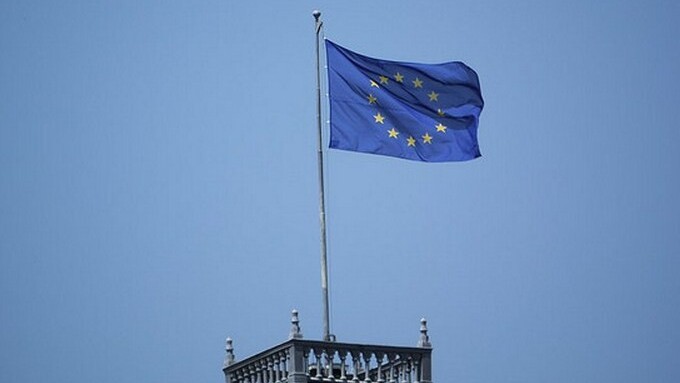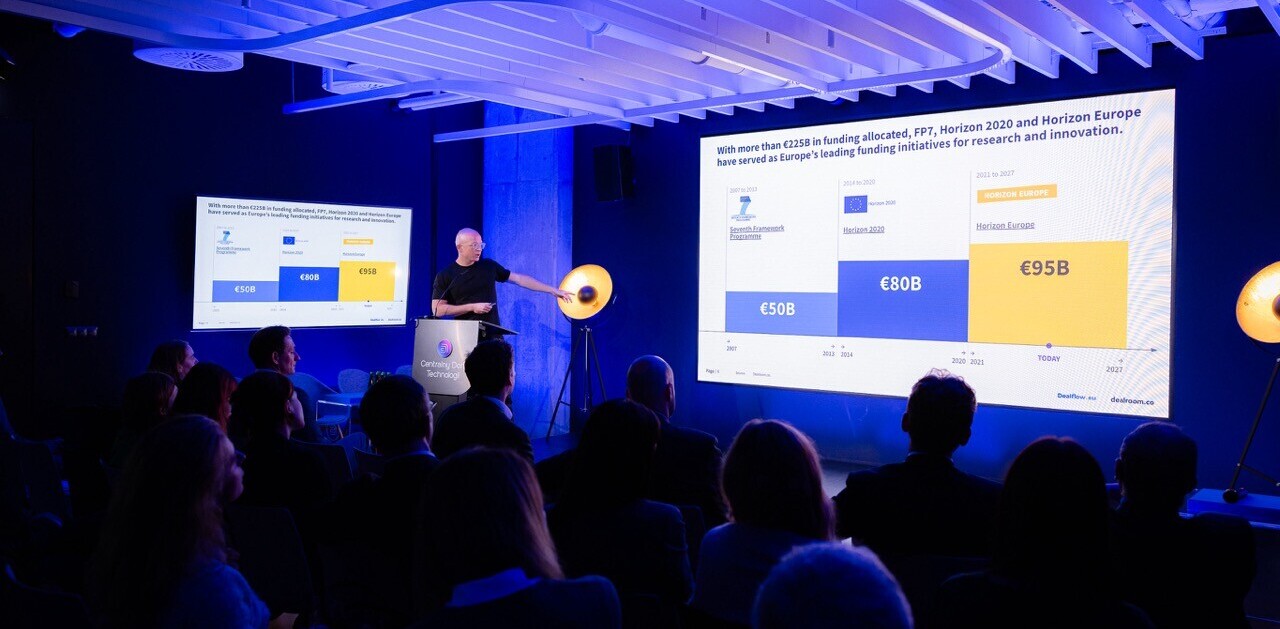
Earlier today, at the High Level Conference on Privacy and Protection of Personal Data, the European Union and the United States announced a new commitment to collaboration on privacy issues and laws.
As the Internet becomes even more entrenched in the life of the individual, how those users’ data is stored, and shared, and potentially employed and sold, is an important topic. To have the EU and the US working together on the issue may provide a way to move forward in unison:
The European Union and the United States are global leaders in protecting individual freedoms, including privacy, while at the same time fostering innovation and trade that are so critical to the world economy, notably in the present times. Stronger trans-Atlantic cooperation in the field of data protection will enhance consumer trust and promote the continued growth of the global Internet economy and the evolving digital trans-Atlantic common market. […]
We hope to also work with international stakeholders towards a global consensus on how to tackle emerging privacy issues.
The above quote, from the statement released in the name of European Union Commissioner Viviane Reding and US Commerce Secretary John Bryson, has strong overtones of the recent controversy surrounding intellectual property law, copyright, and piracy. If the new cooperation between the EU and the US will generate protests of the sort that have become the norm, remains to be seen.
However, if both the EU and the US can keep their work focused strictly on privacy, such controversy should not occur. After all privacy protections are, in theory, in the favor of the user.
As The Hill notes, the two groups currently have different rules on what is fair in regards to privacy: “The European Union has much tougher privacy regulations than the United States. Europe enforces strict rules for how Web companies must handle user data, but in the United States, aside from the handling of health records, the government mostly requires only that companies abide by their own privacy policies.” Given this gap, what any sort of agreement can be reached is uncertain.
From the US side, the Obama administration has recently released a consumer privacy plan (you can read the whole document here), that while unbinding, is a call for Congress to move on the issue. From it, we quote:
These rights give consumers clear guidance on what they should expect from those who handle their personal information, and set expectations for companies that use personal data. I call on these companies to begin immediately working with privacy advocates, consumer protection enforcement agencies, and others to implement these principles in enforceable codes of conduct. My Administration will work to advance these principles and work with Congress to put them into law. With this Consumer Privacy Bill of Rights, we offer to the world a dynamic model of how to offer strong privacy protection and enable ongoing innovation in new information technologies.
TNW will be watching at this develops, as it will impact how the web apps that we use every day interact with our information.
Get the TNW newsletter
Get the most important tech news in your inbox each week.




